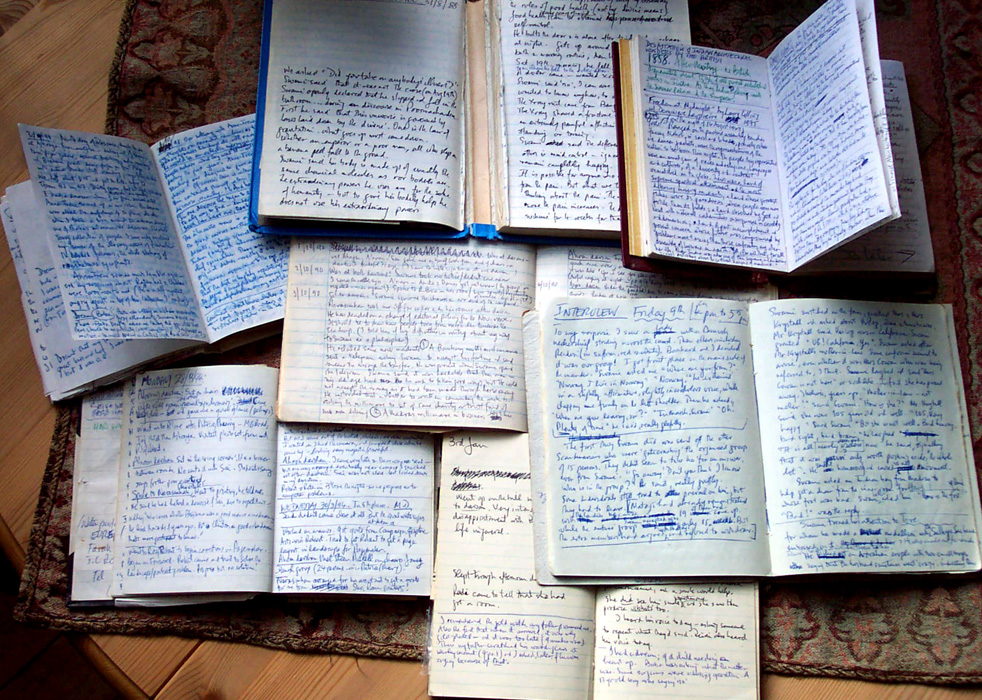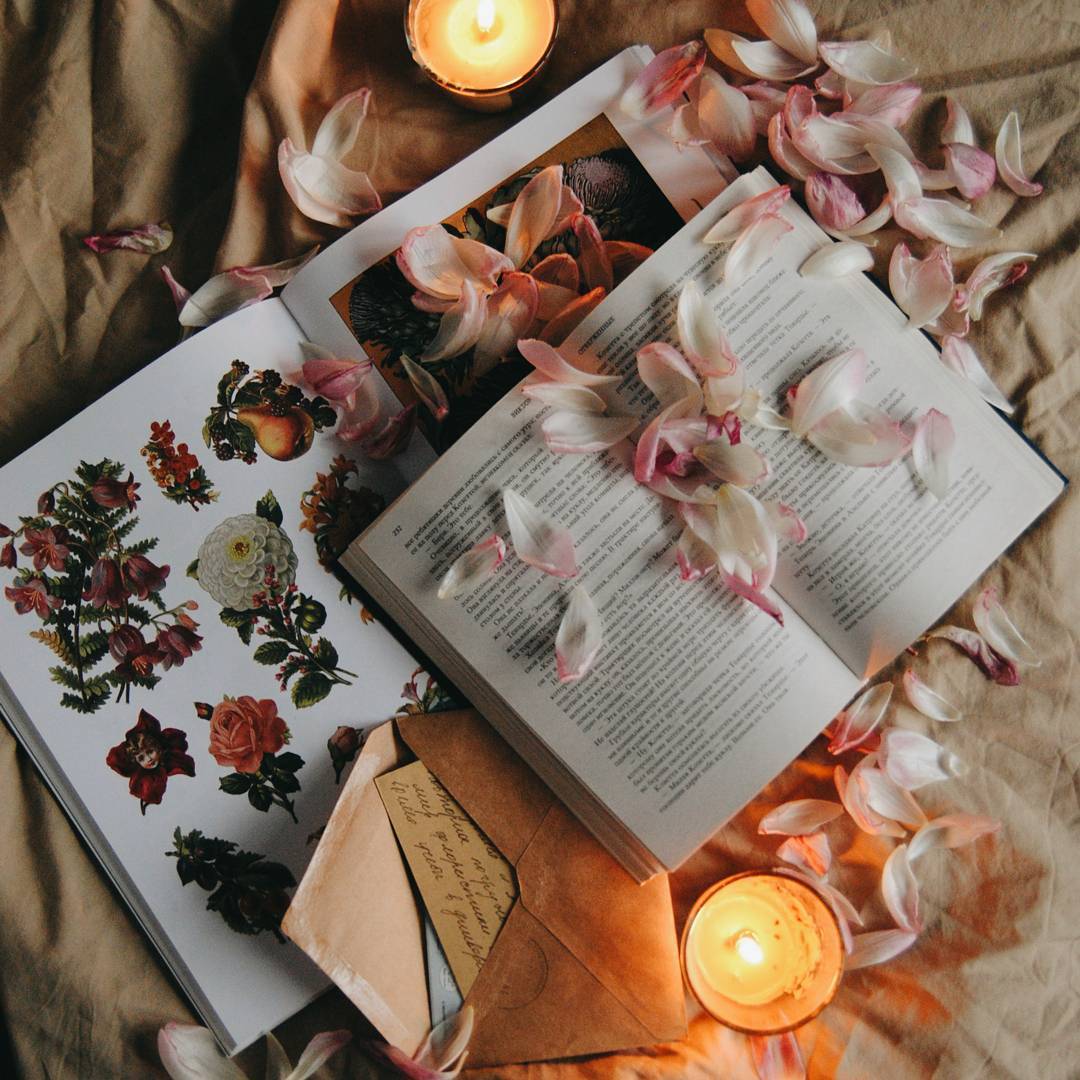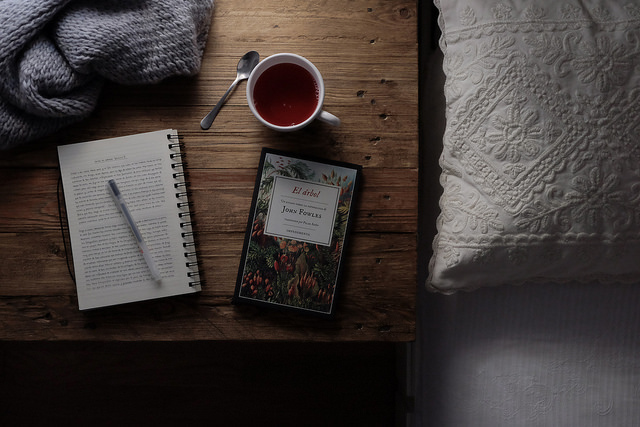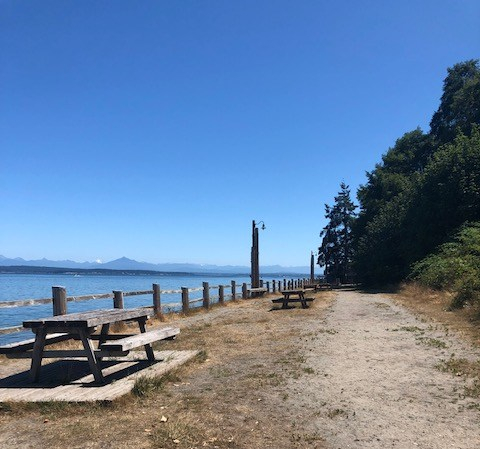
There’s this comic that my fiancé has been talking about lately that David Lynch made about a dog who is “bound so tightly with tension and anger, he approaches the state of rigor mortis.” I never thought much of that comic until July, when I felt very much like I could identify with that dog. Three months to go until the wedding and the panic had set in all over again. I was feeling completely burnt-out from work, my social calendar was filled to the brim, the time I’d gotten to spend writing my novel was non-existent, and my body had practically forgotten the definition of “relax.”
Bound so tightly with tension and anger, [she] approache[d] the state of rigor mortis.
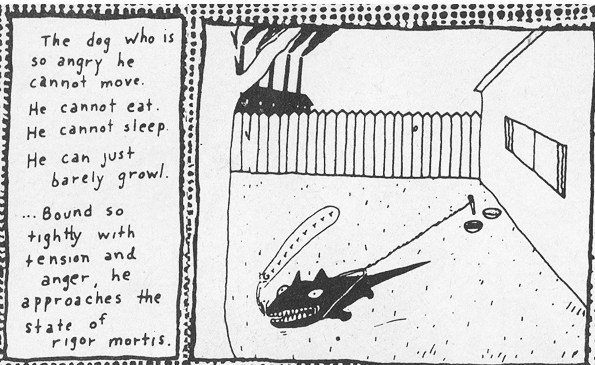
Clearly, this all meant it was time for a getaway.
Continue reading “Bunnies, Arcade Games and Deception Pass: A Getaway In Langley, WA”




